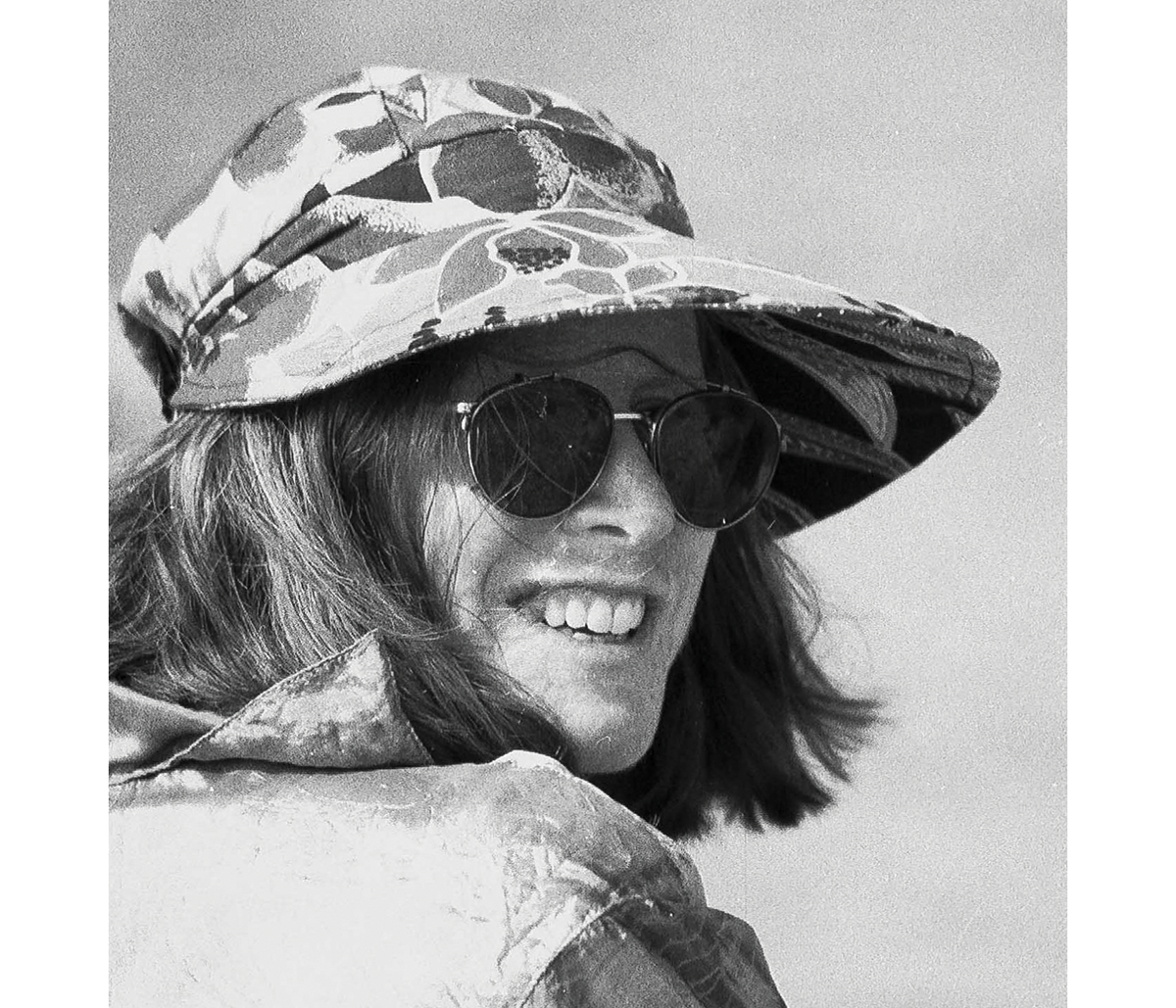
March 31, 1950 – September 27, 2016
Friends and colleagues held a memorial service for Sandra Morgen in November 2016 at the Ford Alumni Center Giustina Ballroom on the UO campus. Remembrances are recorded on the CSWS website at: csws.uoregon.edu/about/history/sandra-morgen/
Sandra Lynn Morgen died on September 27, 2016 of ovarian cancer. She was born on March 31, 1950 to Dr. Robert O. Morgen and Sadye Block Morgen in Cleveland, Ohio, and spent the most of her childhood in Montreal, Canada and Houston, Texas.
Sandi inhabited her life passionately, and—during her life with cancer—with exquisite purpose: to live lovingly, generously, and with courage. A prominent cultural anthropologist at the University of Oregon, Sandi was the devoted mother of Seth Morgen Long (Portland) and Sarah Morgen Long (New York City) with her husband, poet and photographer Robert Hill Long.
Sandi loved to walk, talk, and dance. She adored the natural world. Beaches and oceans were places of peaceful refuge, especially Yachats and Kaua’i. Sandi was a gifted writer of poetry and prose. She cultivated friendships like flowers; she leaves behind circles of love and attachment that ripple over great time and distance.
Sandi was educated at the University of Texas (B.A. 1972) and at the University of North Carolina (Ph.D. 1982). During her career, she was affiliated with Duke, UNC, the University of Massachusetts, Penn State and, from 1991-2016, the University of Oregon, where she was professor of anthropology, director of the Center for the Study of Women in Society, vice provost for graduate studies and associate dean of the graduate school.
A pioneer in feminist anthropology and the anthropology of North America, Sandi wrote widely about health, social welfare, and tax policy. Her recent books include Stretched Thin: Poor Families, Welfare Work and Welfare Reform (2010), which she coauthored with Joan Acker and Jill Weigt; Taxes are a Woman’s Issue (2006); and Into Our Own Hands: The Women’s Health Movement in the U.S. 1969-1990, winner of the Basker Prize from the Society for Medical Anthropology, 2004.
Her many professional awards include the Career Award for Outstanding Contributions to the Field of Anthropology of the United States from the Society for the Anthropology of North America, the UO Research Faculty Excellence Award, the Squeaky Wheel award from the Committee on the Status of Women in Anthropology and the Committee on Gender Equity in Anthropology of the American Anthropological Association, and the Martin Luther King and Charles Johnson awards from the University of Oregon. She was a president of the Society for the Anthropology of North America, president of the Association for Feminist Anthropology, and a member of the American Anthropological Association’s Commission on Race and Racism.
—from the UO Department of Anthropology website
“Sandi utilized ‘intersectional feminism’ in her research, long before it was fashionable and Kimberly Crenshaw coined that term. For Sandi, whether she was writing about poor women’s access to health care in New Bedford or women welfare recipients and their struggle for economic security in Oregon, she insisted that one could only fully understand women’s lives by integrating an analysis of gender, with an analysis of race/ethnicity and class. Second, Sandi was a pioneer in building bridges between rigorous scholarship and impassioned activism. She held herself to the highest standards in both areas, and insisted that that one actually amplified the other, that the arrows of impact pointed in both directions, and that the only way to be a feminist anthropologist was to embrace both.”
—Ann Bookman, director of the Center for Women in Politics and Public Policy (CWPPP) at the University of Massachusetts Boston

